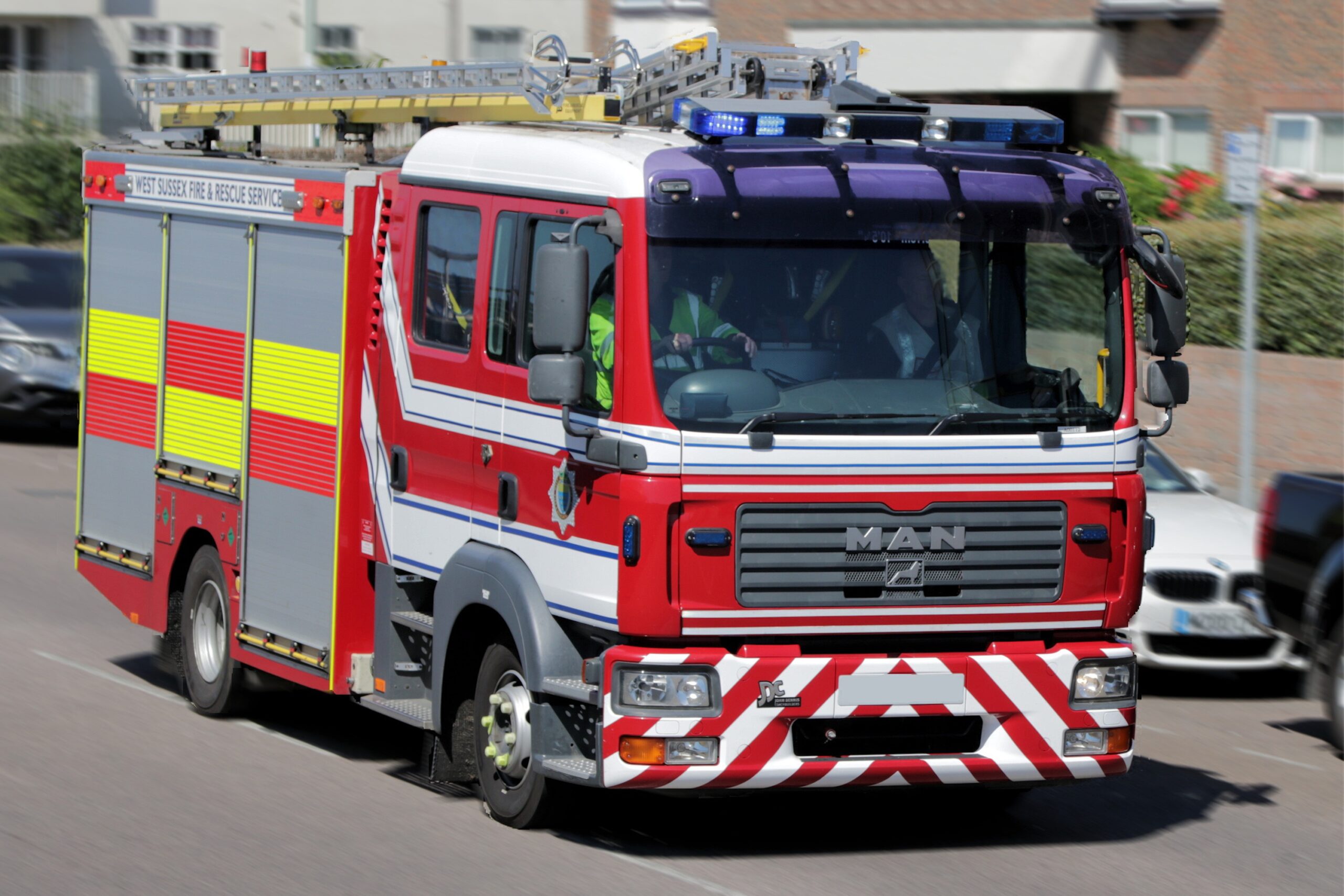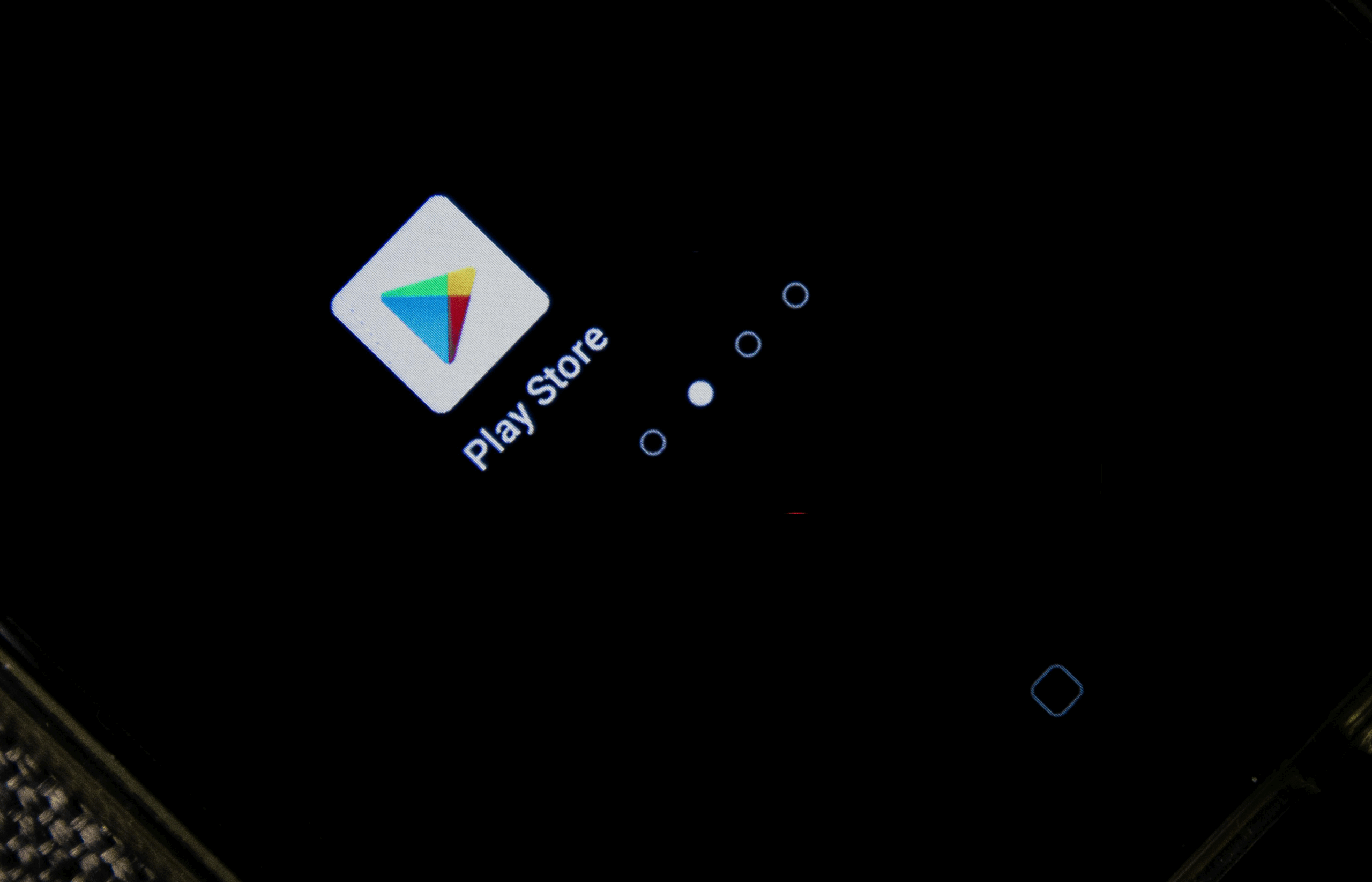As the troubled tech programme begins migrating users from the outgoing system to its replacement, project leaders have invested in a tool enabling users of the respective infrastructures to connect
The Home Office has put in place a multimillion-pound deal to ensure that users of voice services on devices respectively connected to the Airwave and Emergency Services Networks can continue to communicate.
The department is currently engaged in implementing ESN to replace the long-standing Airwave communications infrastructure used by about 300,000 emergency services workers across the country.
As this switchover is implemented incrementally over the coming months and years, operating both networks concurrently requires the deployment of “interworking gateway” (IWG) technology, a newly published commercial notice indicates.
To provide this technology, the Home Office has signed a five-year £17m deal with Australia-headquartered tech firm Etherstack – which specialises in the “push-to-talk” technology typically relied on by emergency services operators. The contract came into effect yesterday and was awarded to the chosen supplier after three companies bid for the agreement.
The notice says: “The supplier will provide this IWG to support the transition from Airwave to ESN for approximately 300,000 users across 107 user organisations. The IWG will link together Airwave talk groups to their equivalent new ESN talk groups, allowing migrated ESN users to make group and emergency calls to, and receive group and emergency calls from, unmigrated Airwave users.”
The commercial outline indicates that the technology sought by the Home Office “is assumed to be a software product that can be deployed onto physical or virtual servers provided and hosted by the ESN user services supplier” – IBM, which last year won a a £1.6bn contract to oversee the design and construction and construction of ESN, as well as the delivery of core computing infrastructure and software.
IBM will be responsible for integrating the IWG system and providing users with first- and second-line maintenance support, while the most complex and specialised third-line support will be the responsibility of Etherstack.
Related content
- Home Office plans £1bn framework for devices to connect to Emergency Services Network
- MPs blast Home Office as being ‘disconnected from reality’ on Emergency Services Network
- Emergency Services Network: Home Office claims majority of technical groundwork ‘to start mass transition’ has been done
Connecting the IWG to Airwave requires the use of the Dispatch Communications Server (DCS) tool provided by Motorola – which owns and operates Airwave. This is because DCS “is the only interface available on the Airwave radio service”.
“A quantity of 600 active DCS ports (plus an extra 300 ports for resilience) will be assigned to the Interworking Gateway, serviced by three Airwave DCS datacentres,” the notice says.
The process of delivering ESN was initially slated to cost about £6bn and was due to conclude – enabling the switch-off of Airwave – by the end of 2019. The most recently published round-up of government major project data indicates that the programme may not be formally wrapped up until the end of 2031, with £19.2bn in whole-life costs attached to the ESN rollout.
Alongside the huge delivery delays and massive spike in costs, the project has also been beset by commercial and legal difficulties in government’s relationship with Motorola Solutions – which, in addition to its ownership of Airwave, was also previously contracted to deliver ESN.
The firm’s £400m contract was cancelled in early 2023, several months before a bombshell regulatory ruling which imposed £1bn in price controls on Motorola, after the Competition and Markets Authority ruled that a formal price cap is “the only effective way of ensuring… taxpayers aren’t paying considerably over the odds” for the continued delivery of Airwave.
The government major project assessment published this year noted that, during an assurance process in September 2024, “the review team recognised the exceptional progress the programme had made to mitigate the risk of legal challenge” from Motorola.
Its replacement supplier on the ESN project, IBM, will work closely with device provider Samsung, with which the IT vendor submitted a joint bid. The other major supplier contract for delivery of the new network is a £2.2bn engagement awarded to BT and its subsidiary EE.




